Trump
Business Leaders
Politics
Leverage
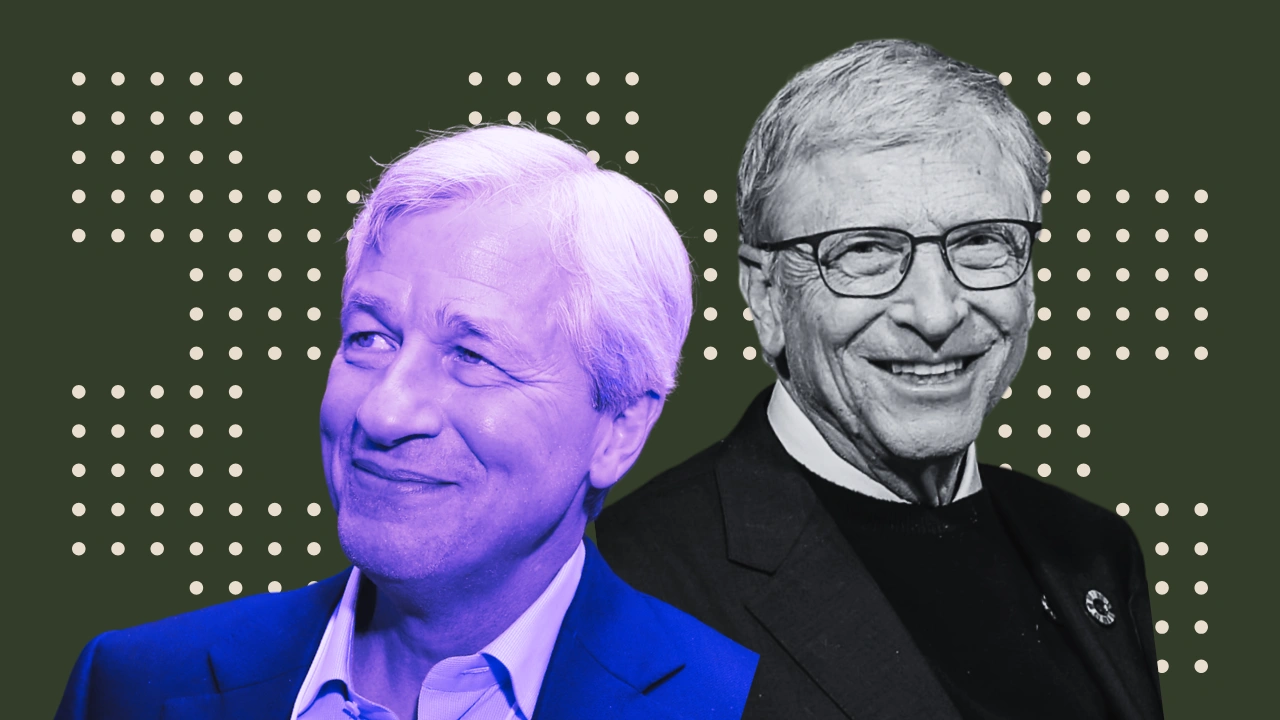
Trump
Business Leaders
Politics
Leverage
The upcoming presidential election is shaping up to be a tight race, with Kamala Harris and Donald Trump neck and neck in recent polls. While the public discourse rages, some of America's most influential business leaders are choosing to remain conspicuously silent, particularly regarding their views on former President Trump. Among them are two giants of American industry: Jamie Dimon, CEO of JPMorgan Chase, and Bill Gates, co-founder of Microsoft. Their quietude, however, is far from accidental and speaks volumes about the complex dynamics of power, influence, and political strategy in the modern era.
Hidden Support and Strategic Silence:
While Dimon and Gates' support for Kamala Harris is widely known within certain circles, they have largely avoided direct public criticism of Donald Trump. Multiple sources, including reports in the New York Times, have revealed Gates' substantial donation of $50 million to a non-profit organization actively supporting Harris's campaign. Similarly, there have been reports suggesting Dimon's consideration of a potential role in a Harris administration should she win the election. This underlying support, however, contrasts sharply with their public silence on Trump.
This reticence is far from unique to Dimon and Gates. A significant number of high-profile executives, a majority of those leading Fortune 100 companies, reportedly harbor negative views towards the former president, yet these opinions are largely confined to private conversations. Their public silence, therefore, raises crucial questions.
The "CEO Whisperer's" Insight:
Jeffrey Sonnenfeld, a professor at the Yale School of Management and president of the Chief Executive Leadership Institute, offers a compelling explanation for this widespread silence. Known for his close relationships with numerous American executives, Sonnenfeld provides insight into the strategic thinking behind this calculated restraint. He argues that Dimon and Gates, along with their peers, are conserving their political ammunition. They are "keeping their powder dry," as Sonnenfeld puts it, ensuring their voices carry significant weight when a critical moment demands intervention.
Sonnenfeld's assertion is grounded in the understanding that frequent public pronouncements on every political issue gradually dilute the impact of one's voice. By strategically choosing their battles, these influential leaders maintain the power and authority to effectively influence the political landscape when the stakes are highest.
The 2020 Election: A Case Study in Collective Action:
The period following the 2020 election serves as a pertinent example of how influential business leaders can coalesce to address significant political events. Shortly after the election, a group exceeding two dozen CEOs engaged in a virtual meeting to formulate a response to Trump's denial of the election results and his refusal to concede to Joe Biden. This resulted in a statement from the Business Roundtable, a powerful advocacy group representing leading corporations including Walmart, Apple, Starbucks, and General Electric, congratulating Biden on his victory. This demonstration of collective action highlights the potential power these business leaders possess when they choose to act in concert.
Beyond Political Capital: The Business Imperative:
Beyond strategic political considerations, another crucial factor underlying the silence of many CEOs is a concern about potential negative business repercussions. Sonnenfeld explains that publicly antagonizing Trump carries inherent risks, including the possibility of alienating customers, employees, and investors who hold differing political views. In essence, these leaders are balancing their political convictions against the potential damage to their companies' bottom lines.
Alternative Perspectives and Counterarguments:
While Sonnenfeld's "powder dry" theory provides a compelling explanation, other interpretations exist. Former American Express CEO Ken Chenault, for instance, suggested that fear of retaliation from Trump is a significant motivating factor for CEOs' silence. Chenault referenced Trump's public statements about considering revenge against political adversaries as a source of legitimate concern.
This perspective is countered by JPMorgan Chase's managing director of communications, who stated that the company's approach is not based on fear of retaliation but rather on a belief that focusing on important policy issues is more impactful than directly engaging in partisan political debates. This position aligns with Sonnenfeld's hypothesis in that it implies a strategic approach to influencing political outcomes. While acknowledging the public knowledge of their support for Harris, Sonnenfeld asserts that Dimon and Gates are not afraid of Trump, suggesting Trump's existing displeasure with them renders further antagonism unnecessary.
A Historical Context:
The current situation unfolds against a backdrop of a centuries-long evolution in the relationship between American business leaders and politicians. Historically, there has been a strong tendency for business executives to publicly align themselves with Republican presidents, a tradition exemplified by the Union Leagues of the mid-1800s, which actively supported Abraham Lincoln. However, this tradition has seen a significant shift, especially following the 2016 election. While some CEOs, notably Elon Musk and a few tech moguls, openly supported Trump, the overwhelming sentiment amongst the majority has been one of dissent. This dissent, however, largely plays out behind the scenes, a departure from past practices.
The Role of the CEO:
Sonnenfeld highlights an important distinction: CEOs are not elected officials. Their primary responsibility lies in managing the resources entrusted to them by shareholders and stakeholders. As such, their public engagement in political discourse needs to be carefully considered and strategically deployed. Their silence, therefore, is not necessarily an indication of indifference but rather a reflection of their unique position and responsibilities.
The Tipping Point:
The strategic silence of Dimon, Gates, and their peers is not indefinite. Sonnenfeld emphasizes that a significant political event—a major firestorm demanding their intervention—could trigger a shift in this strategy. Until then, they remain strategically silent, reserving their influence for moments when their intervention could carry maximal impact. Their silence, therefore, is not a passive stance but a carefully calculated one, designed to maximize their influence on the political stage when it truly matters.
Conclusion:
The decision of prominent CEOs like Jamie Dimon and Bill Gates to avoid direct public criticism of Donald Trump is a multifaceted issue rooted in political strategy, risk assessment, and the unique roles and responsibilities of business leaders in a democratic society. While their support for other candidates remains known in certain circles, their public silence speaks to the intricate dance between business interests, political influence, and the strategic deployment of power in a highly polarized political environment. Their actions highlight a shift in the traditional relationship between business leaders and American politics, a shift that continues to unfold as the 2024 election approaches. The upcoming weeks will be crucial in determining whether their calculated silence will persist, or if an unforeseen political event will compel them to intervene directly in the public sphere.
SHARE
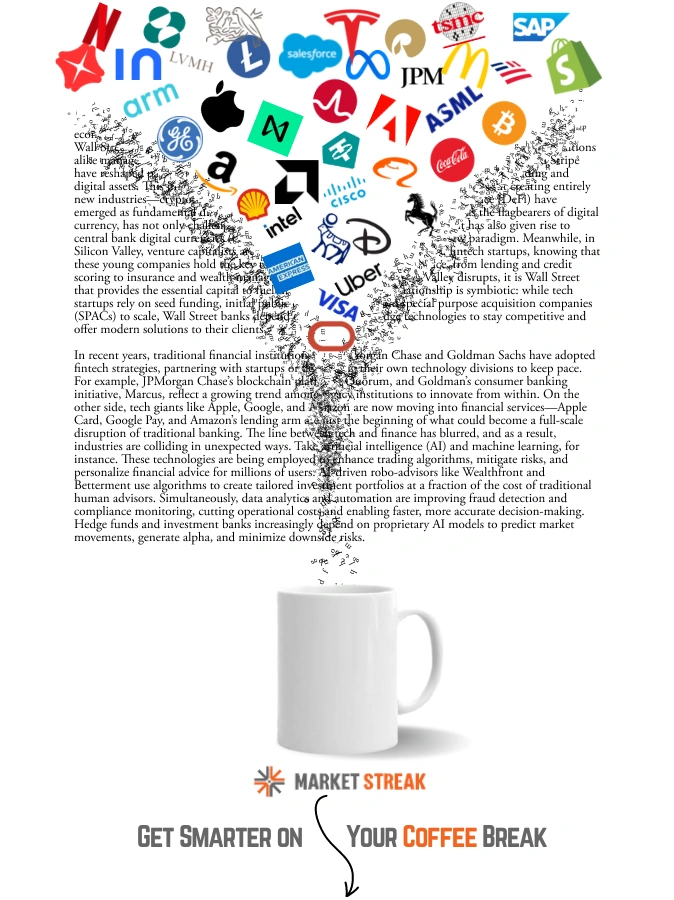
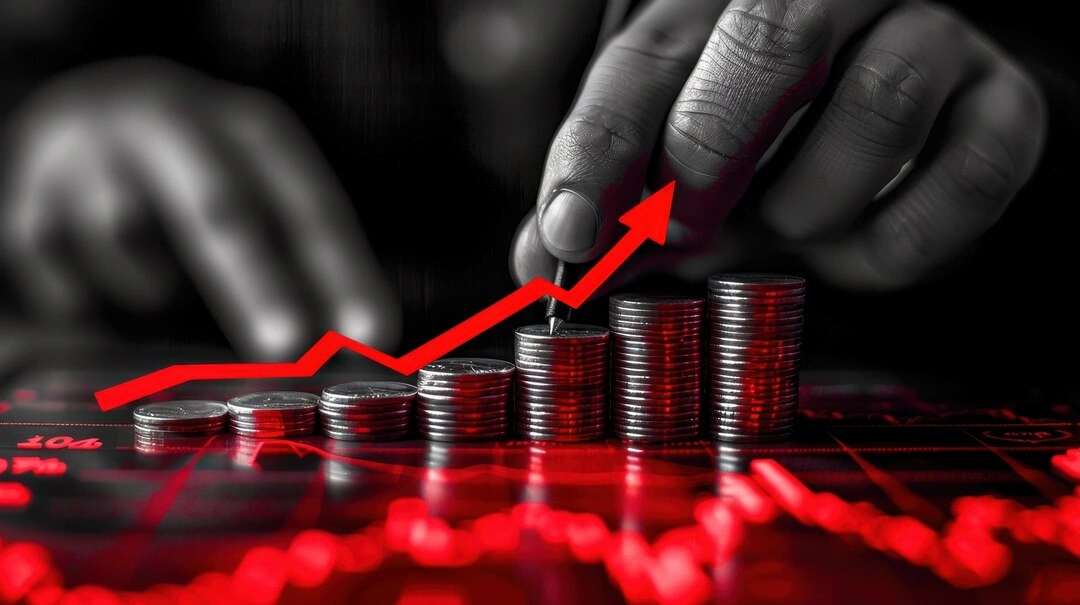
news
30th October 2024

news
30th October 2024


news
30th October 2024

news
30th October 2024


news
30th October 2024


news
30th October 2024
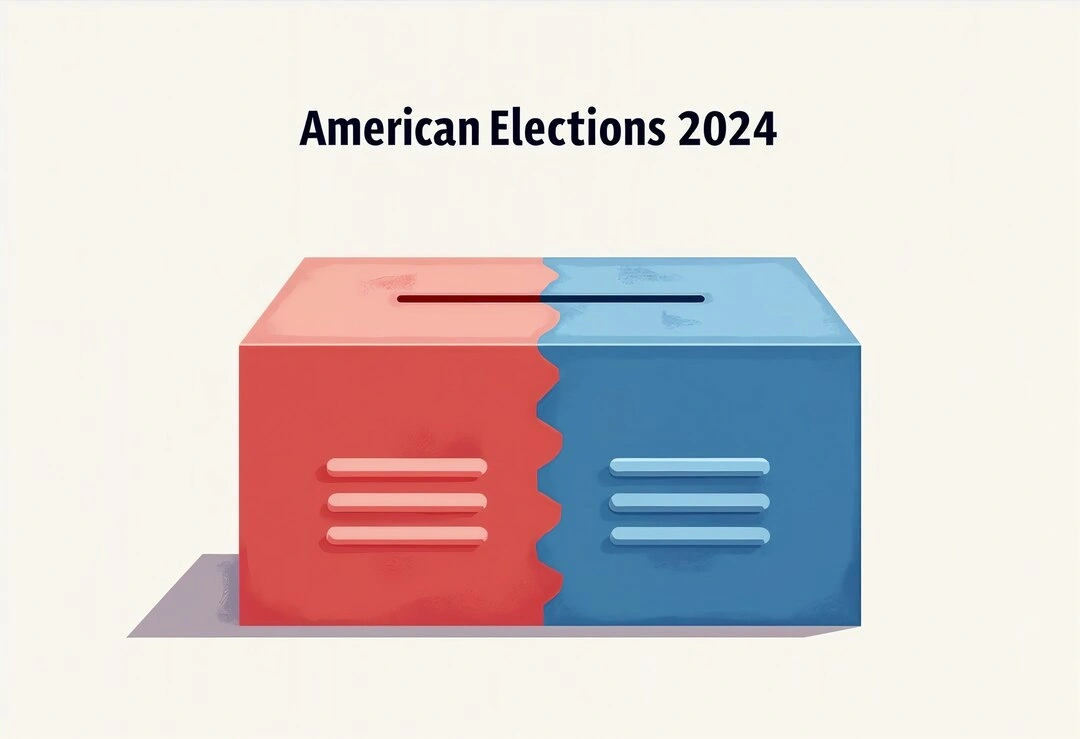
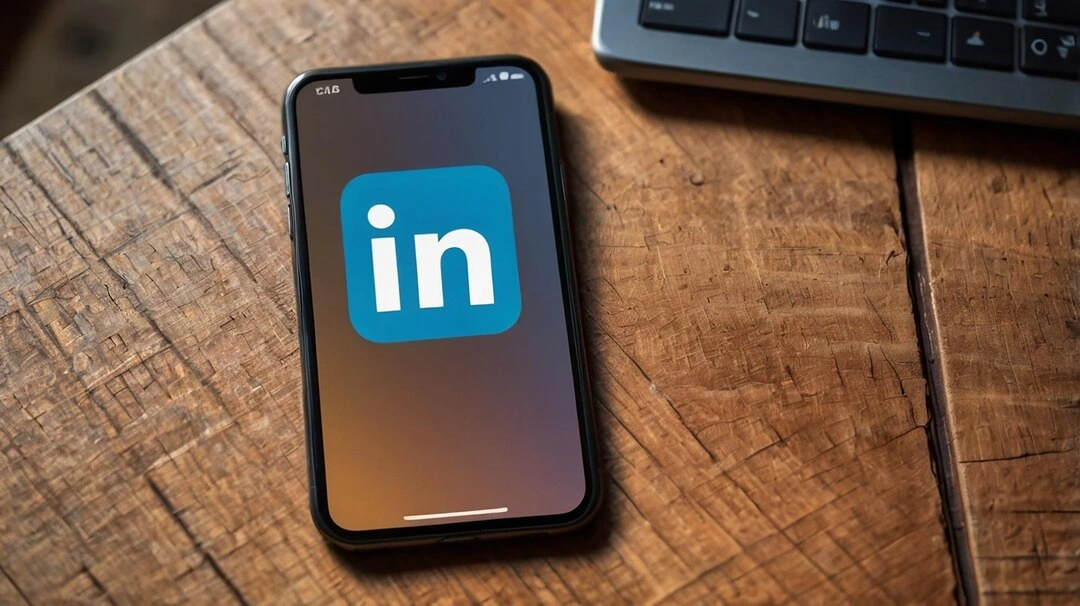
news
30th October 2024